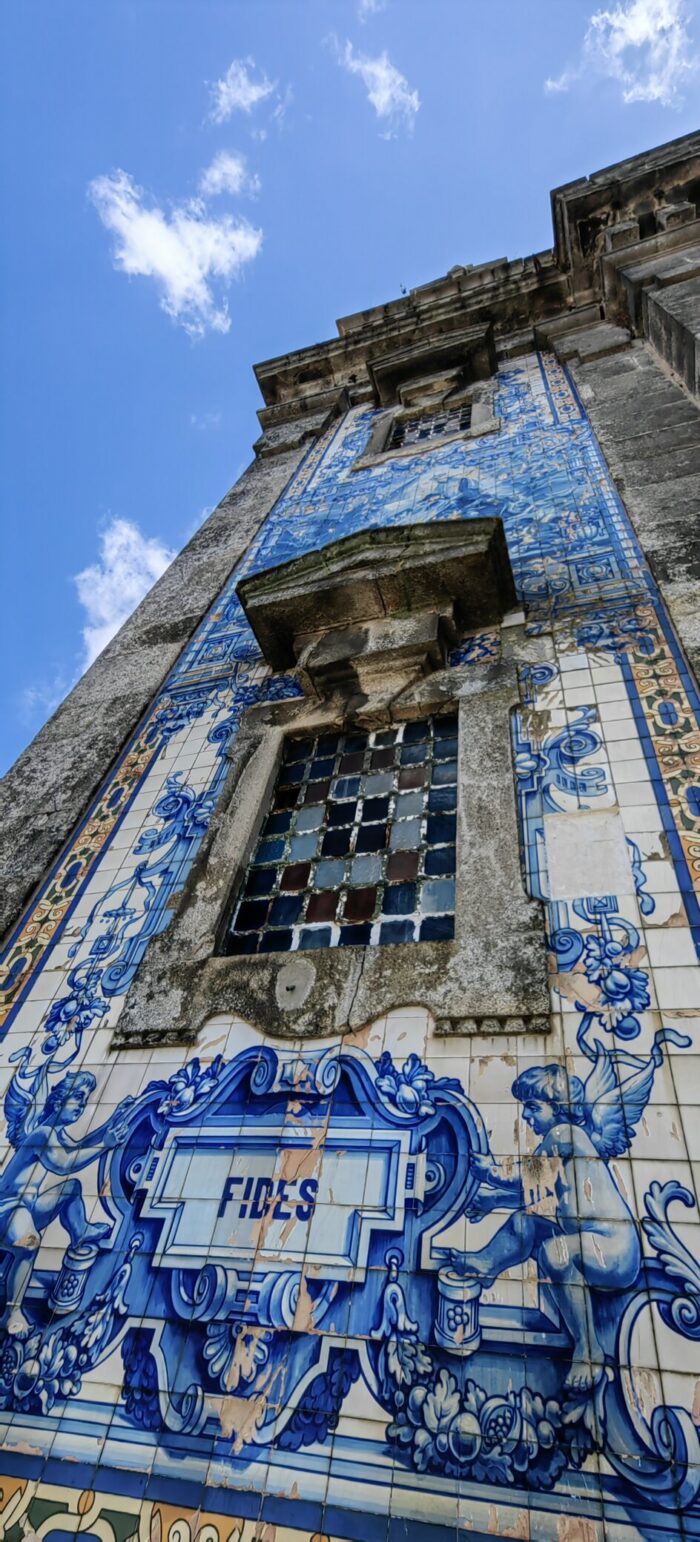Bad Kissingen. It sounds like the name of a terrible experience one might have endured during a game of Spin The Bottle in middle school, but it’s actually a town in Germany that is one to watch in the field of chronobiology, or the study of how our internal body clock (known as the circadian rhythm) dictates our wellbeing. Proudly shunning the draconian rigidity of organizing our lives around the clock, Bad Kissingen favors the more natural night and day signals provided by nature, incorporating circadian-ness into the very fabric of its society. Here’s why I’m hoping this is the start of a revolution.

Technology in the modern world sometimes feels like it runs away with itself. With an app for this, that and the other (plus everything in-between), our lives are constantly being made easier, more efficient and supposedly we’re meant to be happier as a result. Only, monitor the growing interest in mental, emotional and physical wellbeing running parallel to all of this and it isn’t hard to see that there’s a deep-rooted human interest in getting back to basics. To our core. To, well, the simple life.
There’s nothing simpler than getting back in touch with that internal body clock that governs all of our bodily functions; carefully carved out over millennia to optimize our life on this wild, wild planet. A system that wakes us up in the morning, gets us energized, ready and willing to embrace the day ahead, then winds us down in the evening, ready to welcome a restful, healing slumber. But far more than that—our circadian rhythm is what keeps our cells doing their thing. A breakthrough study last year found that our mitochondria (think back to biology: those little powerhouses that give our cells energy) come together and break apart when signaled to do so by a protein that is synchronized by an internal body clock. Pretty cool, huh?
Take a look around you though and I almost guarantee that you’ll see the following: a smartphone, electric lighting and a clockface on your wrist. These things (blessed as they are) have changed what it means to be a working human and it has thrown us off course. With cellphones that allow us to connect with anyone in the world at any time of day or night, we are captivated at every waking hour. This includes those all-important moments that one might be better off spending contemplating life, reflecting on the day and setting intentions upon rising. Those harsh overhead fluorescents render the seasons irrelevant, allowing us to to demand of our employees the same output year round. And finally there are those little ticking hands, forever reminding us of our schedule, dictated not by the stars coming out as the night sky blackens, but by the shift that we need to get through.
This is where Bad Kissingen comes in, taking the bold move to prioritise what the body needs and shunning the kind-of-terrible societal model that we’ve forced upon ourselves in recent years. With a strong history of being a wellness paradise full of health resorts, it only made sense that Bad Kissingen would take things one step further. Dr. Thomas Kantermann of the University of Groningen in the Netherlands is the man behind this all-important project that endeavours to make this town the first ChronoCity in the world.
From reducing the light levels of the town at night (in turn reducing Skyglow which we already know impacts ourselves and numerous other species), to shifting school and work hours, to improving conditions of those working night shifts, there are many things we might want to pay attention to and start implementing elsewhere around the globe for our well-being. Of particular interest is their attempt to ditch Daylight Savings Time, currently practiced by the rest of Germany. An archaic practice that increases our risk of stroke and heart attack, it only makes sense that a “ChronoCity” would want to keep the clocks steady year-round.
We each have a different chronotype. Some of us are morning people, others feel energized at night. It’s an actual thing and we’d do far better in supporting our body clocks rather than trying to force all those square pegs into the same round hole, if ya feel? Our health, actually, depends on it. Research has shown that choosing not to support our rhythms can by a risk factor for Parkinson’s disease. And sleep deprivation triggers everything from a lower tolerance to pain to increasing our risk for suicide. Yikes!
Our biology is intrinsically linked to the rising and setting of the sun. Evolution is a mighty powerful process, but it takes far longer than the short time we’ve tried to give it to allow us to learn to cope with such marked changes in tempo. The science is clear as day and so I hope that we’ll see other places follow suit: getting back to basics and importantly, back to bed.
What are your thoughts on making your town a ChronoCity? Do you live in harmony with your circadian rhythm?
Also by Kat: Vegan Winter-Warming Rainbow Salad
Minty Matcha Black Bean Brownies
Get more like this—Sign up for our daily inspirational newsletter for exclusive content!
__




